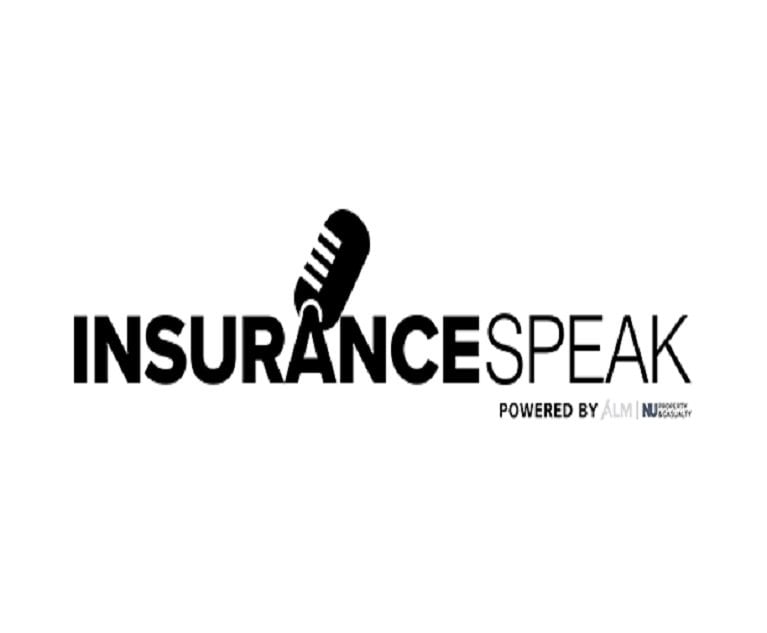CRMM is a huge factor in many agencies' profitability problems,yet it is absolutely possible to abolish it. In the worstsituations, it is the result of laziness and addiction. In the bestcases, CRMM is the result of lack of time, knowledge or both. If anagency's managers have the discipline, the solution is simple andthe results are powerful. Read a few tips to get your CRMM undercontrol.
|Read your company contracts
|Contracts are meant to be read and understood, regardless of howboring they are. I totally understand how completely unsatisfyingit is to read contracts. My eyes can glaze over as fast asanyone's. But these contracts are an agency's life blood. They arewritten by the carriers, for the carriers. They are written for badtimes, not good times. From a carrier's perspective, contracts areonly needed when the carrier has a bad situation on its hands. Andbecause carriers wrote the contracts for those situations, waitinguntil that point in time to read and understand the contract is notusually a good idea.
|Contracts are agreements between parties to work together in acertain manner. When one party has not read the contract, abidingby that contract is difficult, making good company relationshipmanagement near impossible.
|Abide by your company contracts
|An excellent reason for reading your contracts is to ensure thatyour agency will not violate any provisions. Key clauses by whichto abide include:
|o Binding guidelines. All producers and CSRsshould know their carriers' binding guidelines and limits. A cheatsheet showing binding authority is an excellent solution.
|o Trust monies are fiduciary. Ensure that theagency is holding its trust monies correctly, according to thecontract.
|o Reporting claims. These contracts are usuallycrystal clear about the need to report claims. Ensure that youremployees know these contractual provisions.
|Do business with trustworthy carriers
|It is impossible to have good relationships with untrustworthyentities. Good company relationship management means an agency mustonly do business whenever possible with trustworthy companies, nomatter how cheap a fly-by-night carrier may be.
|Examples of untrustworthy carriers include:
|o Companies that will steal your clients throughcontractual loopholes. Some carriers are getting aroundthe non-compete provisions, which stipulate they will not stealyour clients, by taking advantage of inadequate confidentialitylanguage in their contracts. Always pay attention to what is not inthe contract in addition to what is in the contract. A good companycontract severely limits the company's ability to contact insuredsfor any purposes other than agreed-upon purposes, such asnon-renewals, policy changes, billing on direct bill, etc.
|Good carrier relationship management includes prohibitingcarrier contact for any other purposes. This absolutely alsoapplies to service centers. Have you read your service centercontracts regarding your carriers' ability to contact clients ifyou move them out of the service center?
|o Carriers that are unstable. Are all of thesefairly new carriers, especially the work comp specialists withoutratings, going to survive? Even if they all survive, are they alladequately stable? Are they the best long-term solution for youragency and your clients? This industry's history suggests not allwill survive. We have been through this cycle before. Good carrierrelationship management involves doing business with stablecarriers and carriers that will still be in business in fiveyears.
|Take advantage of your contracts
|Good opportunities exist for most agencies to make more money bymanaging their contingency contracts and regular contracts, if theywill read, study and act upon them. However, these are tough steps.Even if an agency owner hires someone to read and analyze thecontracts, which I've been doing for many years for agency owners,I still find many agency owners will not take action out of fear ofupsetting a carrier. The goal is not to upset the carrier, but tobuild stronger relationships, which benefit the agency and thecarrier.
|Limit your carrier relationships
|Not enough time exists to effectively manage 25 to 100 carrierrelationships. Some agencies are absolute carrier junkies. When anagency represents more than 50 carriers and brokers, they arejunkies. More than 30 probably qualifies for rehab.
|If an agency wants to practice good carrier relationshipmanagement, the number of carriers it represents must bemanageable. Every study I have seen, including the current BestPractices Study, shows that agencies with fewer carriers havehigher profit margins and often growth that is as fast or fasterthan average. These agencies are practicing better carrierrelationship management.
|Joining clusters is even worse for many agencies. The extracarriers erode profits even more for a huge proportion of agencies.If an agency cannot grow with the companies it has, how will itgrow faster with even more companies, especially when all of theevidence suggests profits will decrease by doing more business withmore carriers? The attraction is rarely profit, or even growth. Thereal attraction is escaping accountability to carriers for notbuilding big enough books. Rarely, except with the smallestagencies, is small book size an issue if the agency practices goodcarrier relationship management.
|For example, I know of two small agencies that started about thesame time with the same volume. One never had more than fourcarriers and has almost tripled in size. The other has more than10, many of which are weak, not including the plethora of brokers.This second agency has barely grown at all.
|If the carriers are not good enough, find better carriers.Except along the coasts, there has never been a better time to geta carrier and roll a book for good money because the carriers areabsolutely desperate. CRMM is prevalent when agencies do businesswith too many carriers and brokers. Gorging the agency withcarriers delays accountability. When this does not work any longer,they join clusters.
|All of the agencies I've worked with that have implementedstrong carrier relationship management have prospered. When themarket changes, which agency will be better positioned for a hardmarket: the agency with good carrier relationships and a few goodcarriers, or the agency with small books with dozens of carriers?Start practicing strong carrier relationship management now tosecure your brighter future
Want to continue reading?
Become a Free PropertyCasualty360 Digital Reader
Your access to unlimited PropertyCasualty360 content isn’t changing.
Once you are an ALM digital member, you’ll receive:
- All PropertyCasualty360.com news coverage, best practices, and in-depth analysis.
- Educational webcasts, resources from industry leaders, and informative newsletters.
- Other award-winning websites including BenefitsPRO.com and ThinkAdvisor.com.
Already have an account? Sign In
© 2024 ALM Global, LLC, All Rights Reserved. Request academic re-use from www.copyright.com. All other uses, submit a request to [email protected]. For more information visit Asset & Logo Licensing.








